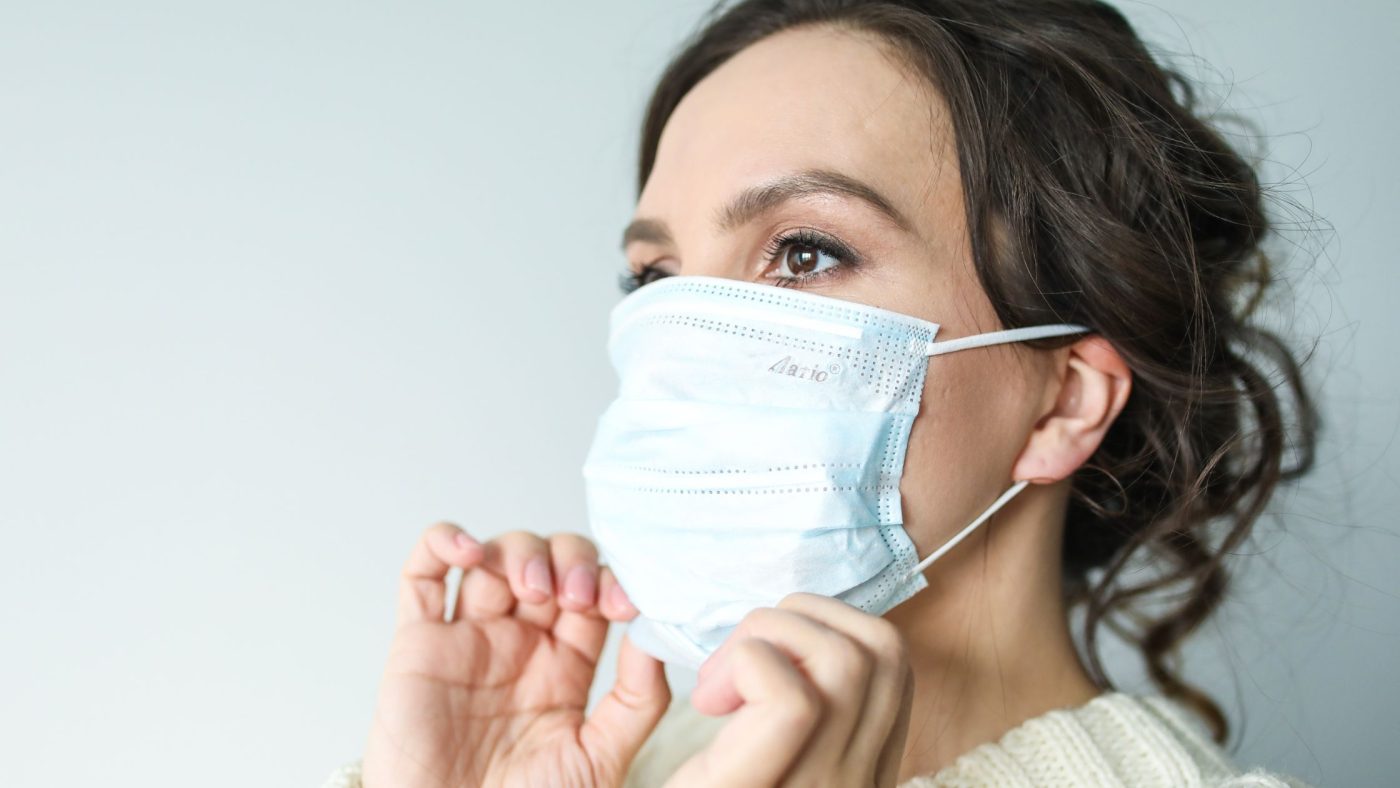Subtotal: 171.00 ₹
HEALTH BLOGS BY FITBYNET
The Role of Air Pollution in Respiratory Disease
Air pollution is a common problem, which is affecting everyone day by day. Among all of its many people effects, it can harm the respiratory system which is very important. Breathing this polluted and contaminated air can cause respiratory or breathing issues, and also long-term diseases, and even contribute to major breathing problems. The major health protection is Understanding the biology of respiratory illness and how to protect the lungs from pollution.
How Respiratory Health Is Affected by Air Pollution
Air pollution consists of lots of toxic particles and gases such as Carbon monoxide, nitrogen oxides, sulfur dioxide, and also particulate matter (PM2.5 and PM10). Pon inhalation, these pollutants irritate the airway can cause the inflammation of lung tissue, and impair the immune system. With all the continued exposure over time, there is a higher development of respiratory diseases and other health problems.
Causes of Respiratory Diseases
Most of the respiratory illnesses are mainly caused by air pollution. Some of the main causes are:
- Workplace exposure: Individuals who work in factories, mines, or construction areas are at greater risk due to the inhalation of toxic fumes and dust.
- Long-term exposure to contaminated air: Continuous breathing of pollutants can cause long-term respiratory illnesses.
- Tobacco smoke: Smoking or passive smoking highly enhances the risk of lung illness.
- Indoor pollution: Domestic pollutants such as dust, mould, animal dander, and cooking smells also cause breathing issues.
Air Pollution Health Effects on the Respiratory System
Air pollution health effects vary from mild irritation to serious respiratory ailments. Some of the common effects are:
- Short-term exposure effects: Coughing, sneezing, throat irritation, and shortness of breath.
- Long-term exposure effects: Chronic respiratory diseases like asthma, bronchitis, and COPD.
- Increased susceptibility to infections: Pollutants compromise lung defences, increasing the risk of respiratory infections such as pneumonia.
Air Pollution and COPD (Chronic Obstructive Pulmonary Disease)
COPD is a progressive condition of the lungs that makes it difficult to breathe and cause breathing challenges. It encompasses conditions such as chronic bronchitis and emphysema. Air pollution plays an important role in the onset and exacerbation of COPD by:
- Inducing inflammation and constriction of airways.
- Amplifying mucus production, which results in excessive coughing and breathlessness.
- Decreasing lung capacity over the years makes physical endeavours more difficult.
Those who are already diagnosed with COPD need to be more careful about this to stay away from polluted areas and avoid exacerbations.
Pollution and Respiratory Issues in Susceptible Populations
Some of the general populations are more susceptible to the pollution-related respiratory issues, which are:
- Children: Their young lungs are more open to pollution.
- Older adults: Older lungs and weak immune systems make them more.
- Individuals with pre-existing conditions: Individuals with asthma, COPD, or other respiratory illnesses have more extreme responses to air pollution.
Protecting Lungs from Pollution
Prevention is better than cure. Taking preventive measures can reduce the impact of pollution on lung function. Here’s how:
- Steer clear of outdoors on high-pollution days: Monitor air quality reports and avoid going outdoors when pollution levels are high.
- Use air purifiers indoors: Good quality air purifiers remove dangerous particles and enhance indoor air quality.
- Wear protective masks: N95 masks can remove fine particulate matter, lessening the intake of pollutants.
- Eat a healthy diet: Antioxidant-rich foods such as fruits and vegetables strengthen lung function.
- Practice breathing exercises: Lung exercises can enhance lung capacity and resistance to pollutants.
- Quit smoking: Smoking aggravates the impact of air pollution on lung function, so quitting is essential.
- Support clean air policies: Encourage policies that minimize emissions and encourage sustainable environmental management.
Air pollution poses some risks to lung health, that trigger and exacerbate lung disease. Knowing what causes respiratory disease and taking all the precautions can also minimize the health risks generously. From avoiding polluted zones to wearing masks to backing clean air campaigns, small actions can significantly contribute to lung health protection. Be aware and act to breathe easier in a world that’s increasingly polluted.

 Brufen Power Metered Pain Relief Sprays 40gm-Abbott
Brufen Power Metered Pain Relief Sprays 40gm-Abbott 